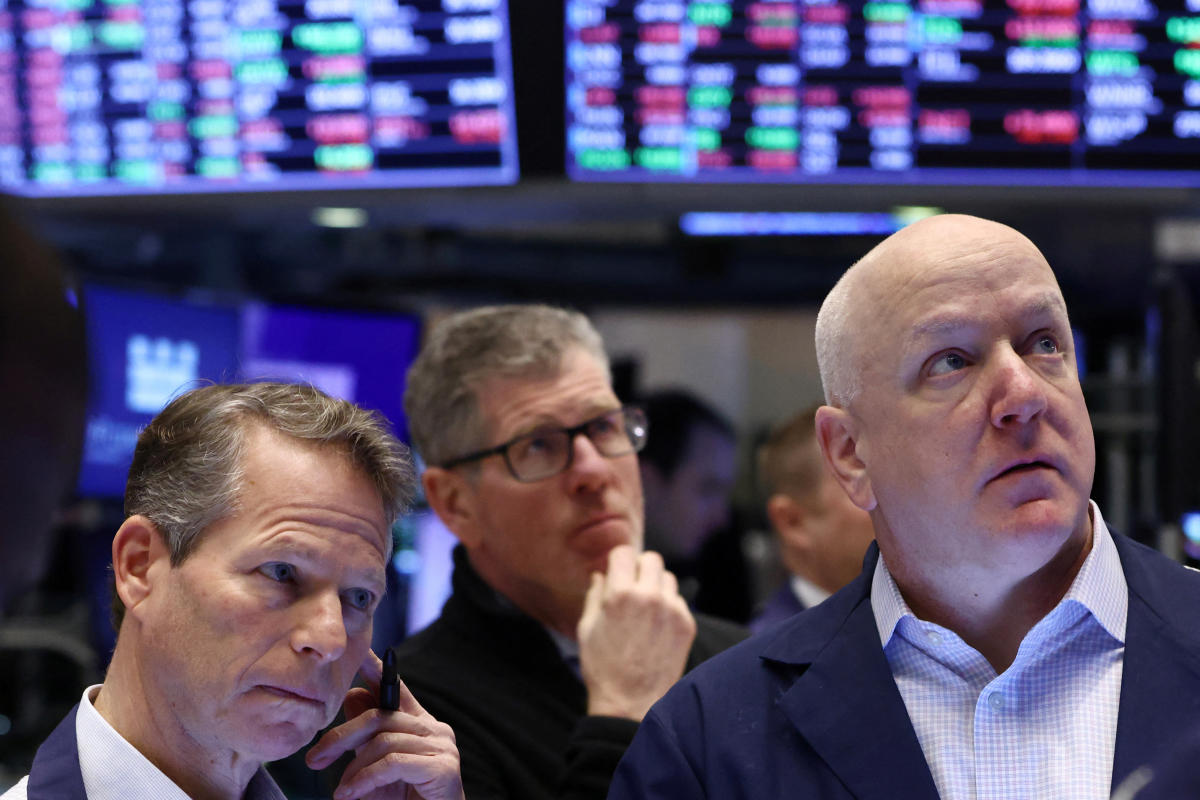[ad_1]
“Balloon Deflated: Rising US-China Tensions Show No Signs of Letting Up”
WASHINGTON (AP) – Monday should be a day of modest hope in US-China relations. Foreign Minister Antony Blinken was in Beijing to meet with President Xi Jinping to ease ever-rising tensions between the world’s two largest economies.
Instead, Blinken spent the day in Washington, having abruptly canceled his visit late last week when the US and China exchanged angry words about a suspected Chinese spy balloon that the US shot down. As strained as the US-China relationship was prior to Blinken’s planned trip, it is now worse and there is little hope of improvement any time soon.
Even if both sides insist that they want to calmly deal with the situation, the mutual accusations do not bode well for a rapprochement, especially since the launch of the balloon on Saturday caused violent protests.
The setback comes at a time when both sides were looking for a way to potentially break free from a low in relations that had the world in turmoil.
White House National Security spokesman John Kirby noted Monday that Blinken’s trip has been postponed, not canceled. However, the prospects for rescheduling remain uncertain.
“I would put that out of 10 out of 6,” said Danny Russel, a China expert and former assistant secretary of state for East Asian and Pacific affairs in the Obama administration, of the damage to current diplomatic efforts between the two countries.
“The signals I’m seeing suggest that there must be a pause and a line under the incident, but once the drama has entered its final act there seems to be every intention to recast a Foreign Secretary’s trip. said Russel, who is now vice president for international security and diplomacy at the Asia Society Policy Institute.
The government will “assume a serious deficit,” Russel said. “It’s a setback, but it’s not impossible to see a return. Without mismanagement, this is recoverable.”
Blinken and senior Chinese officials plan to attend at least two international meetings — the Munich Security Conference in mid-February and a Group of 20 foreign ministers meeting in India in early March — that could provide sites for renewed engagement.
But the missed opportunity caused by the balloon accident can be difficult to reconstruct.
It’s not that the US and China don’t talk to each other. It is that they speak from extremely different viewpoints, with very little leeway for either to step back from entrenched positions that are often directly related to political conditions at home.
Military-to-military channels are used, but they have been hampered by increasing Chinese incursions into Taiwanese air defense zones and aggressive actions in the South China Sea. The result is that the US has intensified reconnaissance flights and naval warfare across the Taiwan Strait.
Diplomatic channels remain open, but for several years disagreements have dominated rather than reasons for possible cooperation, and they are now overflowing with complaints from both sides about the balloon.
President Joe Biden and Xi agreed on Blinken’s visit during a November meeting in Indonesia. Biden may have hoped his top diplomat would return from China with some progress on issues ranging from trade, Indo-Pacific security and climate change to human rights and the status of Taiwan. Instead, he now faces a domestic political maelstrom just before his State of the Union address before Congress on Tuesday.
Republican lawmakers have slammed Biden’s weak response to the balloon’s presence over US airspace. The expected trip to Taiwan this year for new GOP House Speaker Kevin McCarthy is likely to be accompanied by fresh complaints about the government’s actions.
Meanwhile, the Chinese leadership in Beijing, after initially reacting relatively forgiving to the balloon, has taken a much tougher stance, likely in response to the nationalist public reaction. After apologizing for the balloon, which it said was a weather ship that accidentally entered US airspace, China has now condemned the launch as an unacceptable violation of international law and standards, which has set back the potential for dialogue.
“Blinken’s visit to China provided an opportunity to stabilize US-China relations,” said Da Wei, director of the Center for International Security and Strategy and the prestigious Tsinghua University in Beijing. The postponement has now “greatly reduced” the time window for this, he said.
Aside from the political implications for both, the developments have exposed the extremely fragile nature of what many had hoped could be a manageable economic, political and military rivalry.
Tensions between the US and China, particularly over Taiwan, have deeply troubled Washington and many of its allies. They fear open conflict will wreak havoc on the global economy, and their concern was heightened by last year’s Russian invasion of Ukraine, in which China largely sided with Russia.
At the same time, China and the United States are on a collision course on other issues, including China’s increasing aggressiveness in the South and East China Seas, which has put US allies like Japan, South Korea, the Philippines and Thailand in distress. Not to mention Australia and New Zealand.
China’s continued crackdown on pro-democracy activists in Hong Kong, its human rights record in the mainly Muslim western region of Xinjiang, the harassment and imprisonment of Christians and other religious minorities elsewhere, and its ongoing campaign against Tibetan leaders have all become major irritations in the relationship.
Over the past five years, China-US relations have entered a new and worsening stage of confrontation, conflict and competition, Da said, calling the current period a “new kind of Cold War.”
“It’s very different from the Cold War between the US and the Soviet Union, but if we define the Cold War as the two largest countries in the world engaged in violent confrontations and conflicts, without military and wars… …we’re moving quickly into that direction,” Da said.
___ AP news assistant Caroline Chen in Beijing contributed.
Matthew Lee, The Associated Press
[ad_2]
Don’t miss interesting posts on Famousbio










